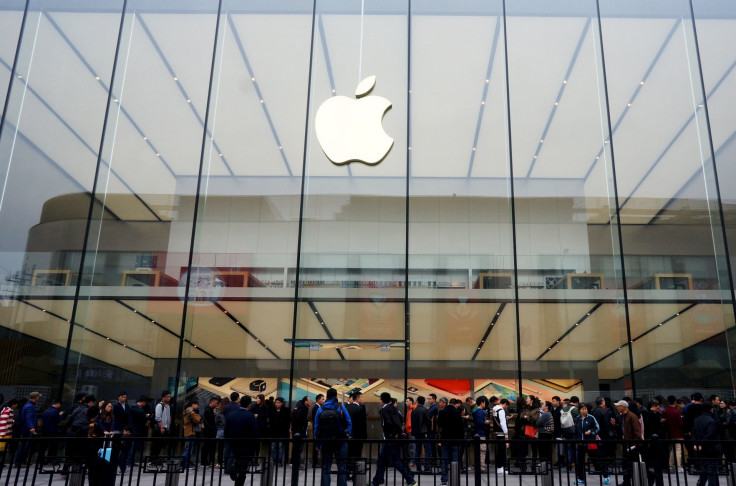Apple Inc. (AAPL) Loses iPhone Label Trademark Battle To Chinese Leather Goods Manufacturer

Xintong Tiandi Technology Ltd. — a Beijing-based company that manufactures leather smartphone cases and handbags under the name "IPHONE" — can continue to use the brand name, a Chinese court recently ruled. The ruling, first reported by China’s Legal Daily last week, was delivered in response to a trademark suit filed by the U.S. tech giant Apple.
According to Legal Daily, which is widely believed to be an official mouthpiece of China’s Central Political and Legal Affairs Commission, Apple could not prove that it was a prominent brand in China when Xintong Tiandi sought to trademark the name in 2007. Apple launched its first iPhone in the U.S. in June 2007, but it only started selling them in China in 2009.
Apple first filed a trademark bid for its smartphone in 2002 under the World Intellectual Property Organization’s Class 9: Electrical and Scientific Apparatus, but it wasn’t approved until 2013. Xintong Tiandi, on the other hand, got its trademark bid for its leather products approved in 2010.
Two years later, Apple filed a case against the Chinese company with the country’s trademark authority in 2012 and later with a lower Beijing court. When both of them dismissed Apple’s claims, it appealed to the Beijing Municipal High People's Court, but on March 31, it rejected the appeal.
“Apple could appeal this case to the Supreme People’s Court in Beijing and they probably will,” Ted Chwu, a partner and lawyer specializing in intellectual property at the law firm Bird & Bird in Hong Kong, told Bloomberg. “If you’ve got the budget to make a huge commercial splash then you should expect that splash to attract attention in the wrong way.”
Although Apple has yet to comment on the latest ruling, Xintong Tiandi, in a statement published on its website, lauded the decision, calling it a victory for China’s “free market.”
This is not the first time Apple has faced trademark issues in China. In 2012, a court ruled that Apple would have to pay $60 million to a Shenzhen-based tech company if it wanted to use the iPad name in the country. Apple is also facing difficulties in running its iBooks and iTunes services in the country.
However, China still remains a lucrative market for Apple, despite a recent drop in sales in the mainland, Hong Kong and Taiwan. In the company's fiscal second quarter ended March 26, Apple’s sales in its so-called Greater China region dropped 26 percent year-on-year to $12.49 billion. In the same quarter last year, sales in Greater China had risen 71 percent.
© Copyright IBTimes 2024. All rights reserved.






















